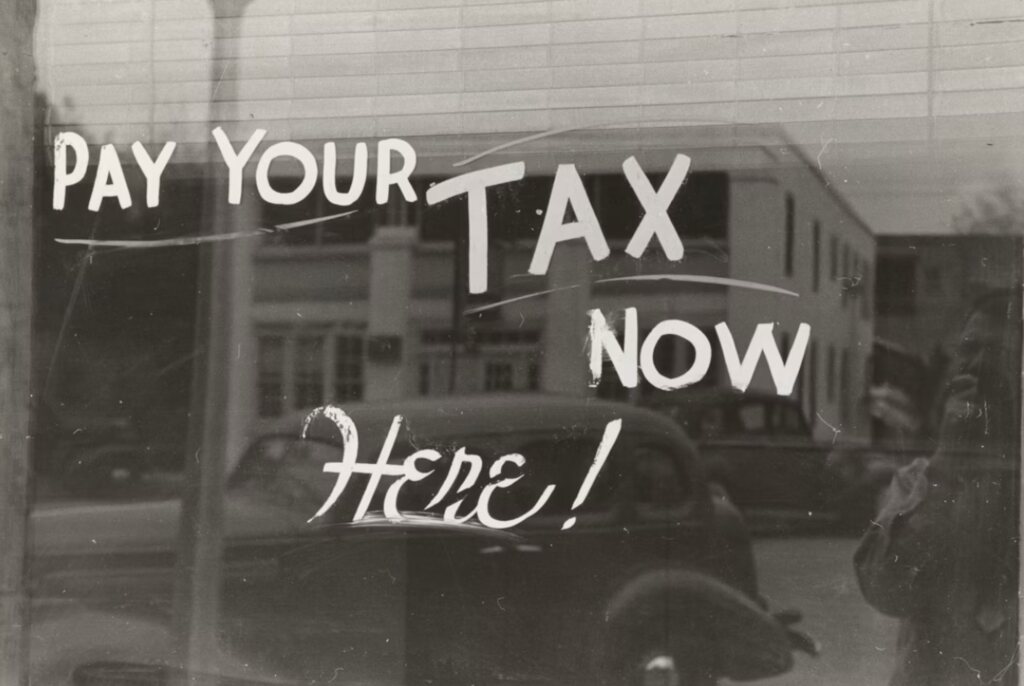Real estate is one of the best investments that a person can have. While it may not be as liquid as some other options, it has considerable potential to help you build your fortune. According to data from Upmetrics, this is an industry that’s set to hit a market size of $126.60 trillion by 2029.
However, a lot of people quickly realize that tax can complicate the entire process when you want to sell. Are there any ways to get the best deal? How should you go about selling real estate without incurring unnecessary losses? Let’s find out below.
What You Need to Know About Capital Gains Tax
When you sell property, your profits are subject to capital gains tax. As the term ‘capital’ implies, this isn’t specific to real estate. You also have to pay it when you try to sell any capital investments. These can include stocks or bonds, for example.
The reason that most people forget about capital gains tax is that as long as you don’t sell, there’s no tax to pay. Sometimes, people go decades without ever factoring in that when they sell, a good chunk of the money is going to go to the government.
There are essentially two types of capital gains, short-term and long-term capital gains (STCG and LTCG). STCG is typically taxed at your usual income tax rate. This sounds nice, but it can actually be higher than LTCG rates. According to Investopedia, taxes for long-term assets, which are held for more than a year, can range from 0%, 15%, or 20% of the profit during the sale.
One thing you should be aware of is that if your asset has depreciated, then a portion of the gain might get taxed higher when sold. Investors often try to find different ways to avoid high tax rates. The most obvious solution is to simply hold the asset on a long-term basis. However, this isn’t always an option. Let’s look at one interesting strategy in this context. The 1031 exchange.
What is a 1031 Exchange and How Does It Work?
Suppose you want to sell a rental property and use the money to purchase or invest in property elsewhere. Rather than losing a chunk of your profits to taxes, a great option to consider is a 1031 exchange.
Exchanges are quite popular and are responsible for generating over 568,000 jobs and generating $27.5 billion in labor income annually. Now that’s all well and good, but you might be wondering, Can you do a 1031 exchange on a primary residence?
Well, according to 1031 Crowdfunding, yes, you can. However, the IRS will want to ensure you had the intention to use it for business or as an investment. This means you can’t instantly move into the property and treat it like a primary home after a 1031 exchange. Instead, you’ll want to retain it as a rental unit for at least two years.
This is because a 1031 exchange tends to be valid only when you sell an old rental property to invest in another one. If you choose to go this route, it’s probably a wise move to reach out to a qualified intermediary or a 1031 accommodator. There are a bunch of rules that can be quite complex, and you’ll need all the help and guidance you can get.
Other Strategies for Minimizing Taxes When Selling Real Estate
While a 1031 exchange is great if you are swapping one rental property for another, it’s a rather specific situation. If you want to sell a property and use the profits as you please, tax is still a big problem. Thankfully, other options exist. If you have joint ownership of a property, your basic exemption limit can lower overall tax liability.
This is because each owner’s share is treated as separate, and you and your co-owner and you and your co-owner have individual exemption limits. While this is one method, it obviously does require you to have a co-owner.
Another option would be to see if the primary residence exclusion applies to your situation. Essentially, it means that if you are single, you can exclude $250,000 of your profits from tax. If you’re married, you can double that number. The cool thing about this exclusion rule is that it’s available to you every two years.
End Note:
To summarize, while you can’t magically escape some form of payment when selling property, you can minimize the hit you take. If you’re trying to invest in properties, either for personal or commercial gains, dealing with capital gains tax is something you simply have to research and get used to.

